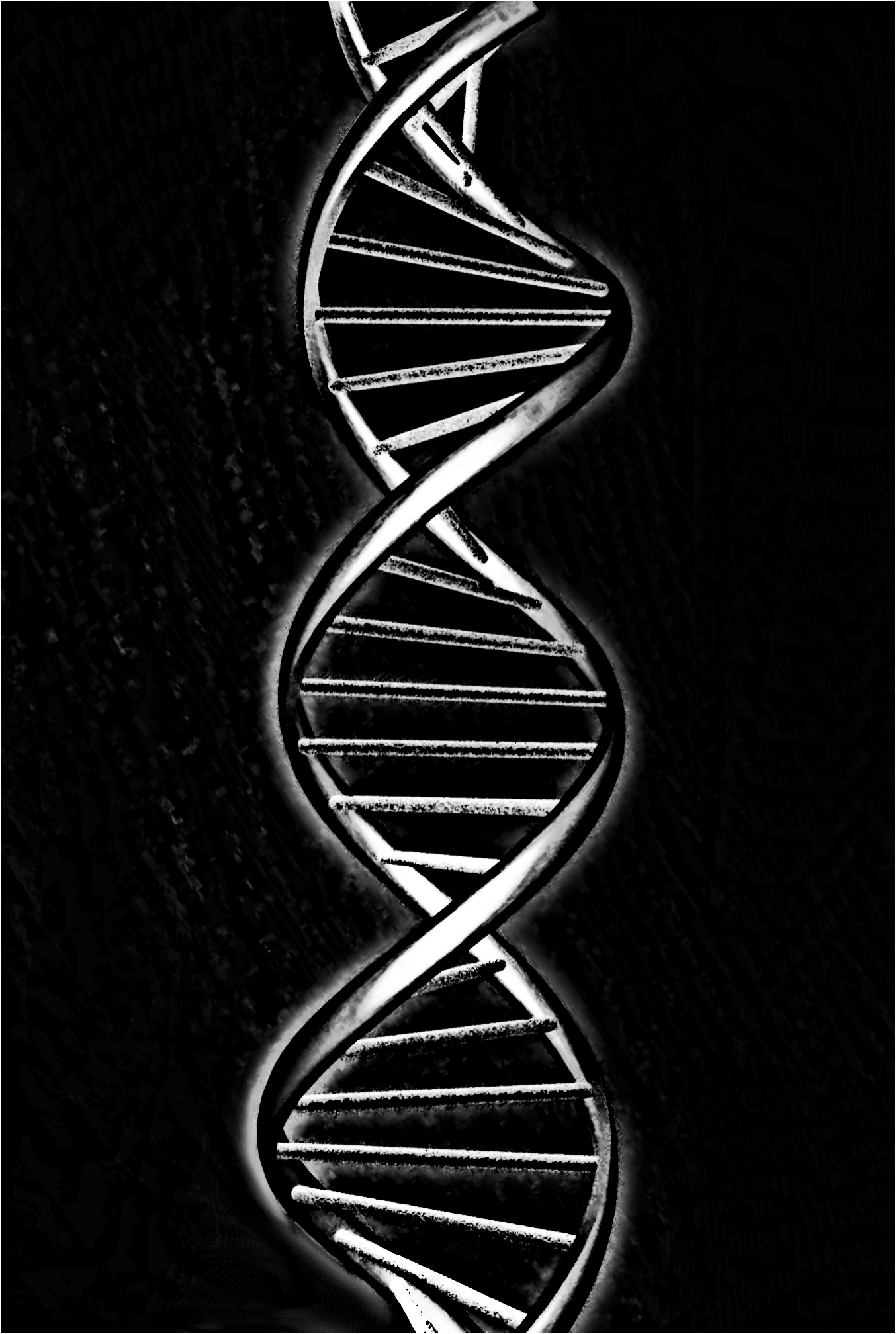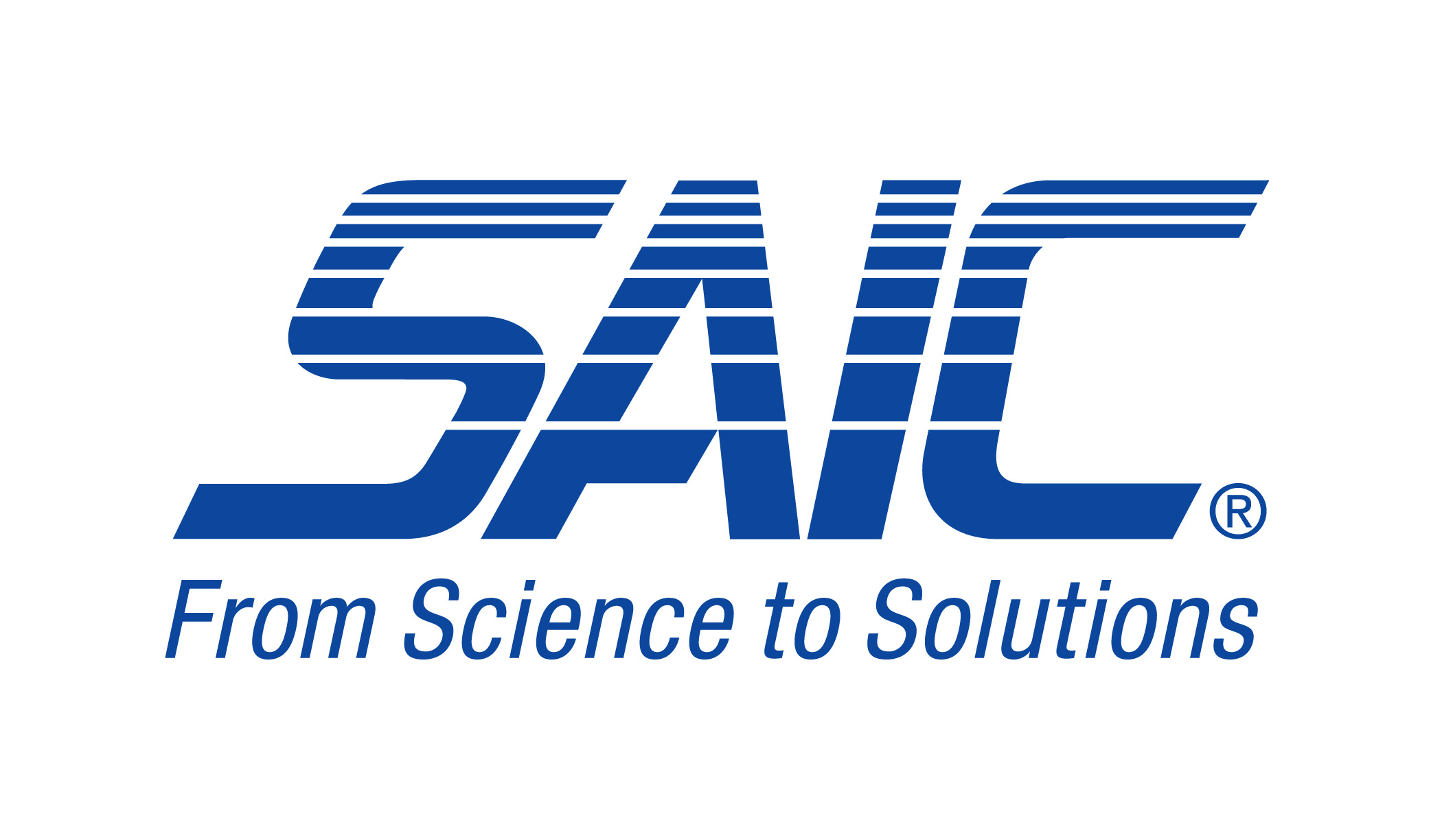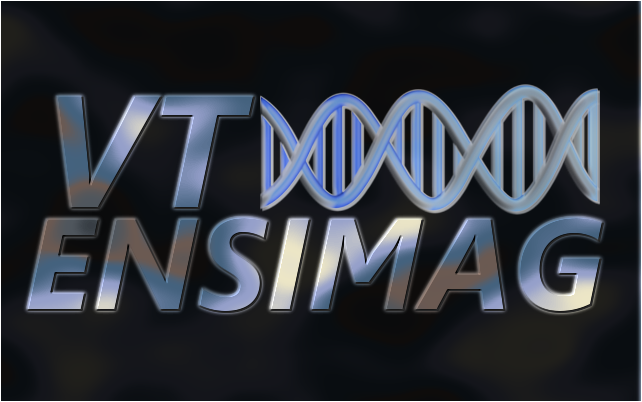Team:VT-ENSIMAG/Safety
From 2010.igem.org
Safety page
|
The entire focus of the VT-ENSIMAG Biosecurity team is on safety and security. Since our software does not construct or assemble BioBricks, it does not pose any direct threats to the environment, researchers or the public. However, our projects addresses the threats posed by synthetic biology and potentially dangerous iGEM projects. Synthetic Biology is a revolutionary, new branch of the life sciences which bridges several disciplines such as biology, chemistry, mathematics, physics and engineering. Its focus rests on the assembly and manipulation of biological systems for novel uses. While synthetic biology may lead to new vaccines and more efficiently produced biofuels, there are drawbacks. The same techniques use to benefit man kind may also be used to create viruses and bacteria with novel or unforeseen capabilities. To a great extent, synthetic biology would not be possible without the technology to inexpensively and efficiently manufacture genes de novo. However, as evidenced by the reconstruction of the 1918 Spanish flu virus in 2005, synthetic genomics is a dual use technology. With millions of sequences available on NCBI-Genbank, it has never been easier to locate dangerous sequences and then produce them at a low cost. Our software is capable of efficiently and accurately identifying sequences of concern. We have shown by our results that it is possible to implement the “Best Match” method to screen sequences. If screening software such as ours were to screen all BioBricks before they enter the registry as well as all sequences ordered from gene synthesis companies, the threats posed by synthetic genomics would be greatly mitigated. The biosafety officer at Virginia Tech is Charlotte Waggoner (ren@vt.edu).
|
 "
"




